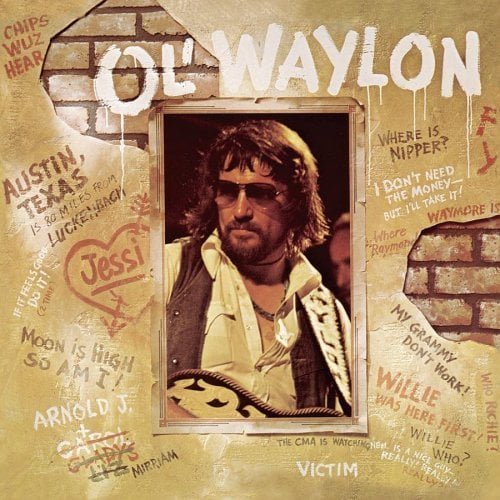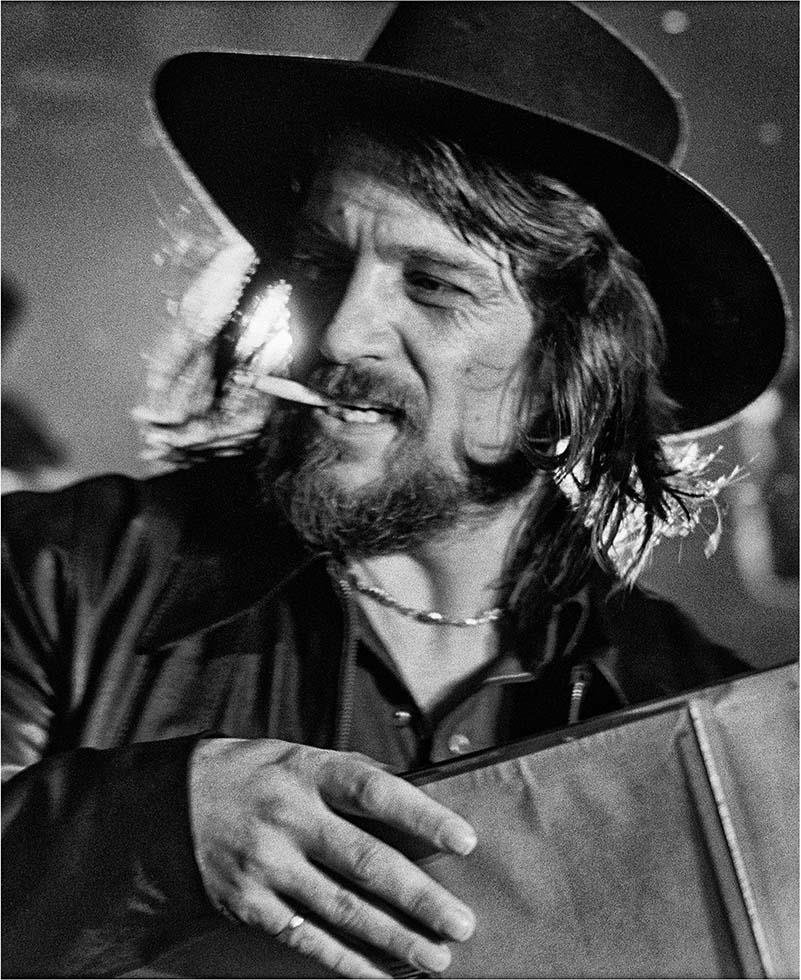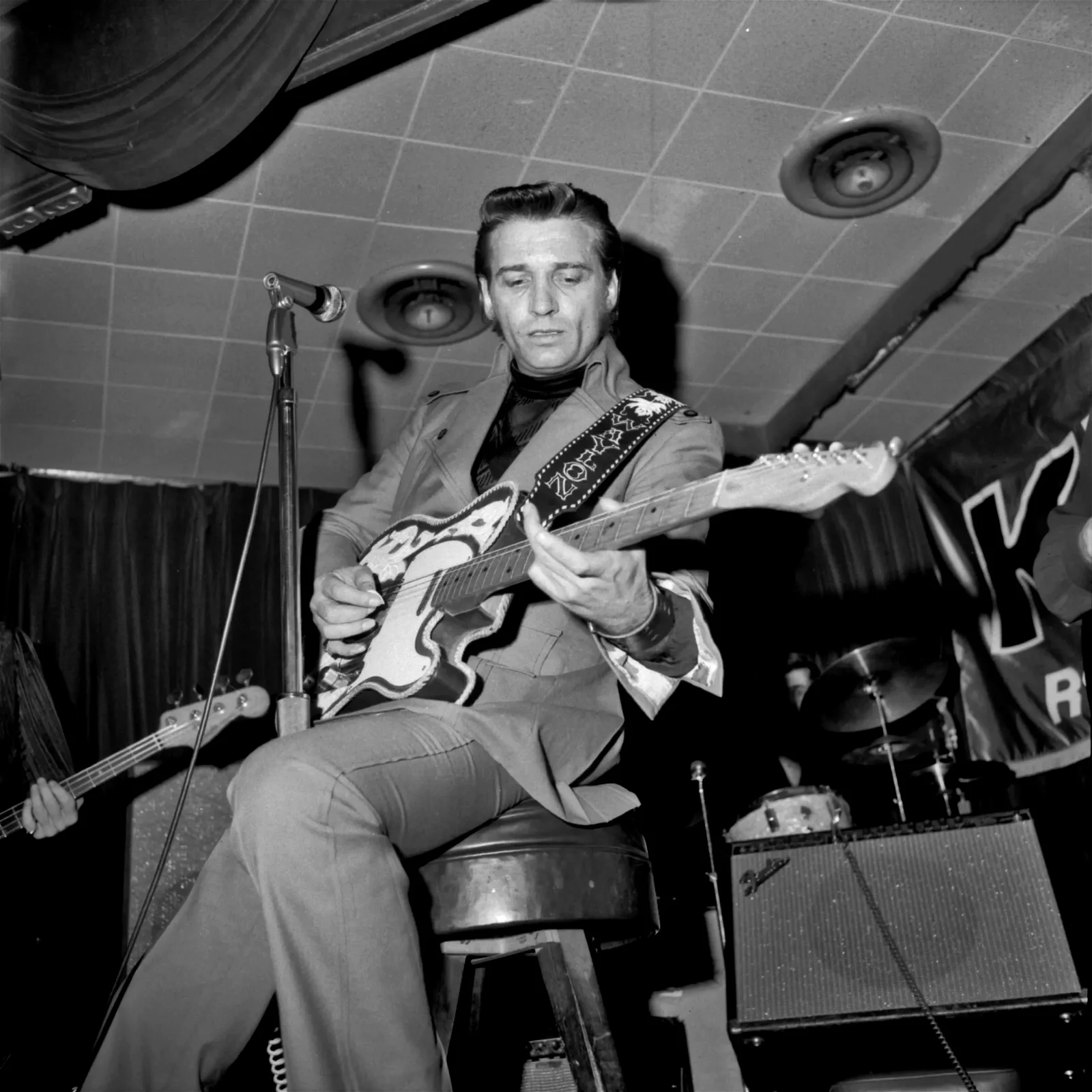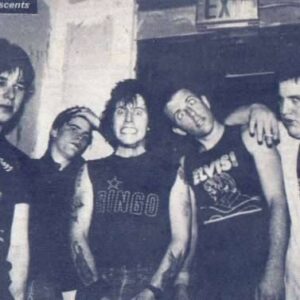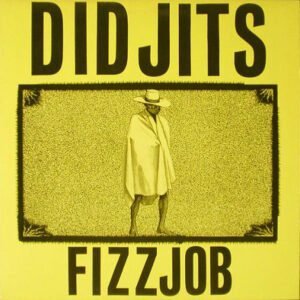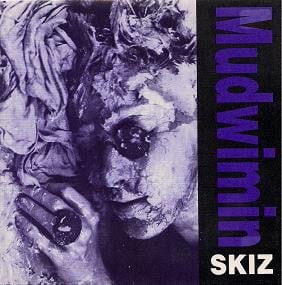Waylon Jennings -Wild Ones
Description
Released in 1994, “Wild Ones” is a spirited recollection of Waylon Jennings’ breakthrough as a leader of the outlaw country movement. “I remembered the times when me, Willie, and Jessi had come to town and how we had shaken up Nashville’s hierarchy up in our fight to keep the music honest,” Waylon recalled in his 1996 memoir, referring to his longtime friend and collaborator Willie Nelson and his wife Jessi Colter (who appears in the “Wild Ones” video). Waylon Jennings was an American country music singer, songwriter, and musician. Often credited as a pioneer of the outlaw country movement, a subgenre of country music that is characterized by its rebellious, anti-establishment themes and sound. Jennings had many hits, some of which have been covered by other artists or have become country classics. He collaborated with many other artists, including Willie Nelson, Kris Kristofferson, and Johnny Cash.
Phoenix
Due to his father-in-law’s illness, Jennings had to shuttle between Arizona and Texas. While his family lived back in Littlefield, Jennings found a job briefly at KOYL in Odessa, Texas. He moved with his family to Coolidge, Arizona, where his wife Maxine’s sister lived. He found a job performing at the Galloping Goose bar, where he was heard by Earl Perrin, who offered him a spot on KCKY. Jennings also played during the intermission at drive-in theaters and in bars. After a successful performance at the Cross Keys Club in Phoenix, he was approached by two contractors (Paul Pristo and Dean Coffman) who were building a club in Scottsdale for James (Jimmy) D. Musil, called JD’s. Musil engaged Jennings as his main artist and designed the club around his act.
Jennings formed his backing band, the Waylors, with bassist Paul Foster, guitarist Jerry Gropp, and drummer Richie Albright. The band soon earned a strong local fan base at JD’s, where Jennings developed his rock-influenced style of country music that defined him on his later career.
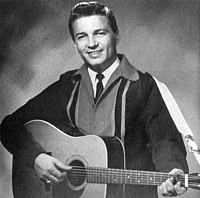
In 1961, Jennings signed a recording contract with Trend Records, and experienced moderate success with his single, “Another Blue Day”. His friend Don Bowman took demos of Jennings to Jerry Moss, who at the time was starting A&M Records with associate Herb Alpert. In July 1963 Jennings signed a contract with A&M that granted him 5% of record sales. At A&M, he recorded “Love Denied” backed with “Rave On“, and Ian Tyson‘s “Four Strong Winds” backed with “Just to Satisfy You“. He followed up by recording demos of “The Twelfth of Never“, “Kisses Sweeter than Wine“, and “Don’t Think Twice, It’s All Right“, and also produced the single “Sing the Girls a Song, Bill”, backed with “The Race Is On“. The singles were released between April and October 1964.
Jennings’s records found little success at A&M, because the label was releasing mostly folk music rather than country at the time. He had a few regional hits around Phoenix, due to local radio airplay with “Four Strong Winds” and “Just To Satisfy You”, which was co-written with Bowman. Meanwhile, he recorded an album on BAT records produced by James Musil and engineered by Jack Miller, called “JD’s Waylon Jennings” on the front of the album, and “Waylon Jennings at JD’s” on the back side. After 500 copies were sold at the club another 500 were pressed by the Sounds label. He also played lead guitar for Patsy Montana on a 1964 album.
Singer Bobby Bare heard Jennings’s “Just to Satisfy You” on his car radio while passing through Phoenix, and recorded it and “Four Strong Winds”. After stopping in Phoenix to attend a Jennings performance at JD’s, Bare called Chet Atkins, head of the RCA Victor studios in Nashville, and suggested he sign Jennings. Unsure after being offered a deal with RCA if he should quit his gig at JD’s and relocate to Nashville, he sought the advice of RCA artist and friend Willie Nelson, who had attended one of Jennings’ shows. Upon hearing how well financially Jennings was doing at JD’s Nelson suggested he stay in Phoenix.
Jennings then asked Herb Alpert to release him from his contract with A&M, which Alpert did. Later, after Jennings became successful, A&M compiled all of his singles and unreleased recordings and issued them as an album, Don’t Think Twice. Atkins formally signed Jennings to RCA Victor in 1965. In August Jennings made his first appearance on Billboard’s Hot Country Songs chart with “That’s the Chance I’ll Have to Take”.

